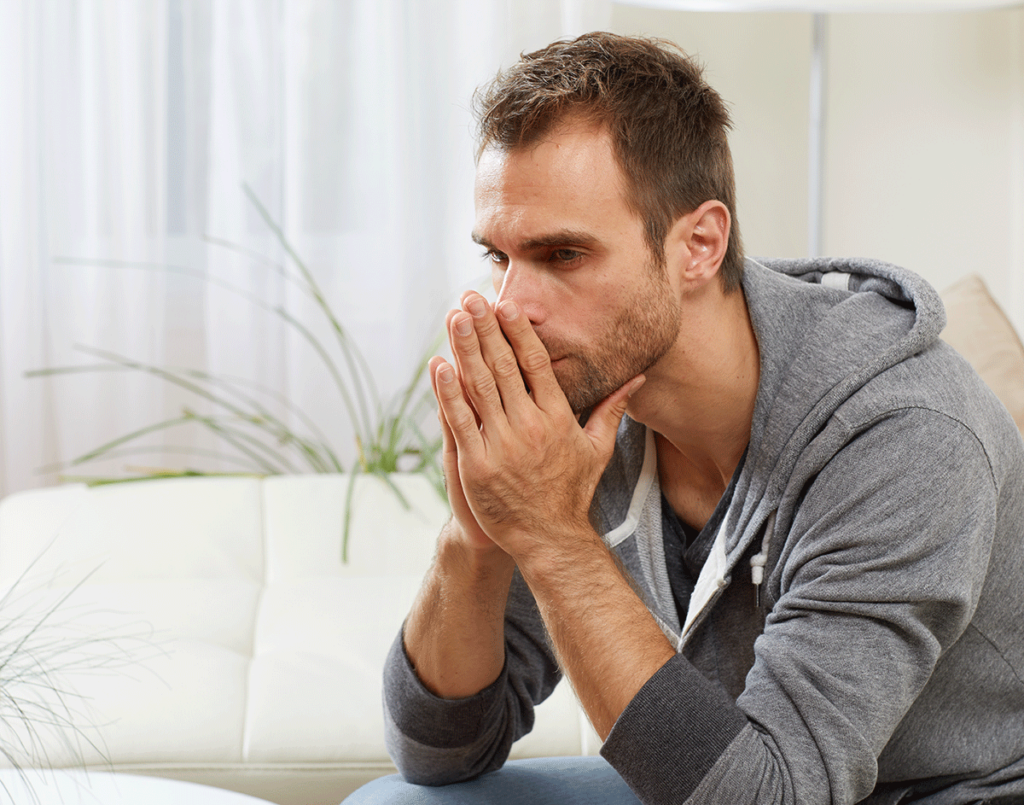Relapse prevention is an integral part of treatment and recovery from a substance use disorder. There can be many triggers associated with addiction, and identifying triggers in recovery can help you better manage the recovery process and avoid a relapse. One of the cornerstones of a holistic treatment experience is a structured relapse prevention program where therapeutic professionals will work with you to identify your relapse triggers and then guide you on how to manage them effectively.
Learn more about relapse prevention and how to identify relapse triggers by reaching out to an accredited substance use disorder treatment center, like The Arbor Behavioral Healthcare at 844.413.2690.
What Is a Relapse Trigger?
Before you can identify a relapse trigger, you need to understand the definition of a trigger. A trigger can be anything that affects your mental, physical, or emotional state in a negative way. Triggers are not only associated with substance use disorder but also with mental and behavioral health disorders, especially those that are trauma-related. Specifically, relapse triggers include people, places, things, emotions, or events that cause you to want to turn to drugs or alcohol to cope. Each person’s relapse triggers are not the same. Triggers are tied to someone’s unique past experiences or traumas that lead to using substances.
Identifying Triggers in Recovery
Each person’s relapse triggers are unique to them and their situation. Triggers can revolve around work, family, relationships, or social situations. Working with a behavioral therapist as part of treatment and recovery for a substance use disorder can help you identify your relapse triggers and learn how to best manage them.
Common relapse triggers include:
- Emotions – Negative emotions can surface for all kinds of reasons, such as anxiety from past trauma or an unkind comment from someone you care about. Emotions build when not dealt with and become a bigger trigger where you seek drugs or alcohol as a coping mechanism.
- Stress – This trigger is probably the most common and can surface in personal or professional situations. Without addressing it, stress leads to physical and mental pain, causing many to seek solace in substances.
- People – Being around people who encourage drug or alcohol use will always be a trigger. Avoiding going out with these people and finding sober friends (or those who can support you being sober) is a better path to avoid triggers.
- Events – Anything from holiday gatherings to being invited out to a bar can put you in a situation where the temptation of drugs or alcohol surrounds you. If you must attend, having a sober support person with you will lessen the triggering effects of the situation.
Going through treatment and recovery is hard work. Maintaining sobriety is a process you will endure for the rest of your life. Having the tools and resources at your disposal will make the recovery journey much more manageable.
Contact The Arbor Today For Your Relapse Prevention Options
Deciding to enter a rehab program and receive professional treatment is a commitment that will improve your life. Recovery is for life, and the sooner you start your journey, the sooner you can get to living a more productive life, free of drugs and alcohol.
The Arbor offers a personalized treatment experience. Each client receives a treatment plan customized to their unique needs. Through a variety of therapies, you will learn the skills needed to better manage triggers and maintain your sobriety. Therapies can include traditional talk therapies, behavioral therapies, and experiential therapies.
Call The Arbor at 844.413.2690 or contact us online today to learn more about relapse prevention. The treatment team is ready to answer any questions about the available treatment options.

